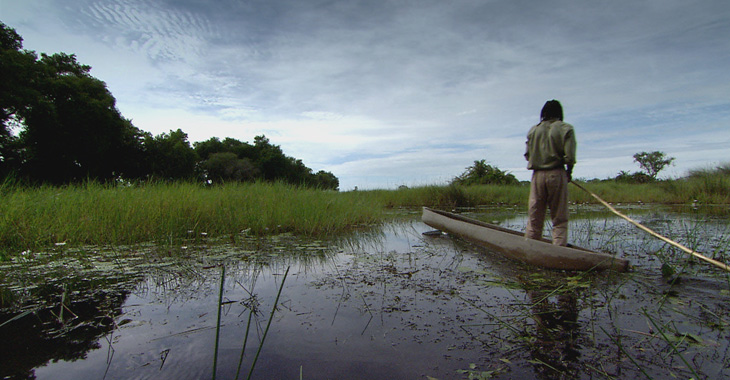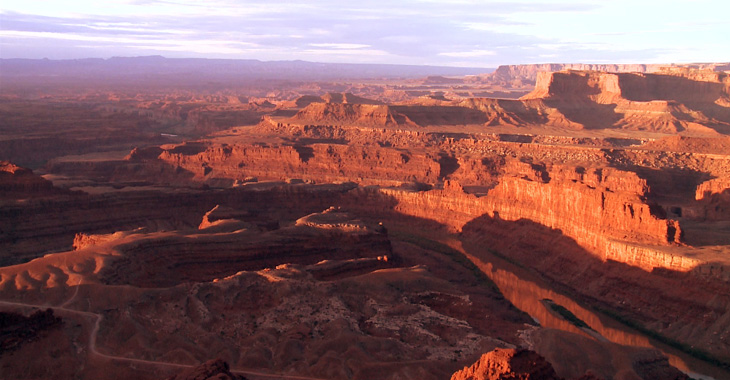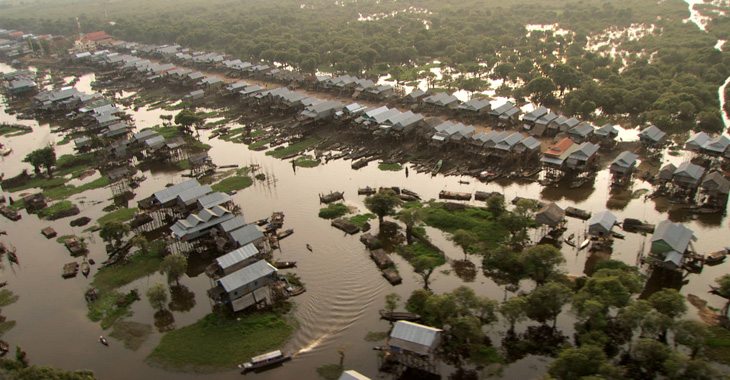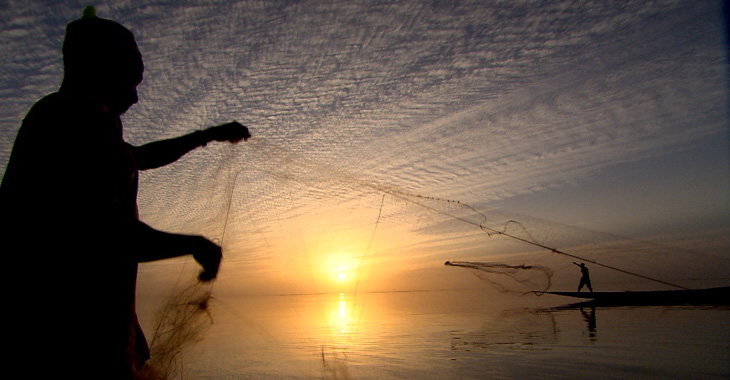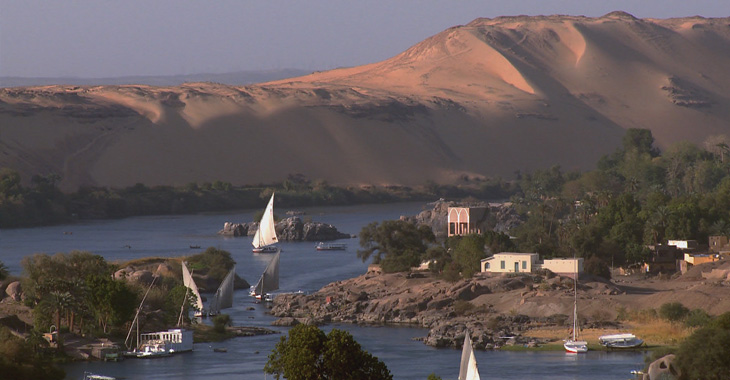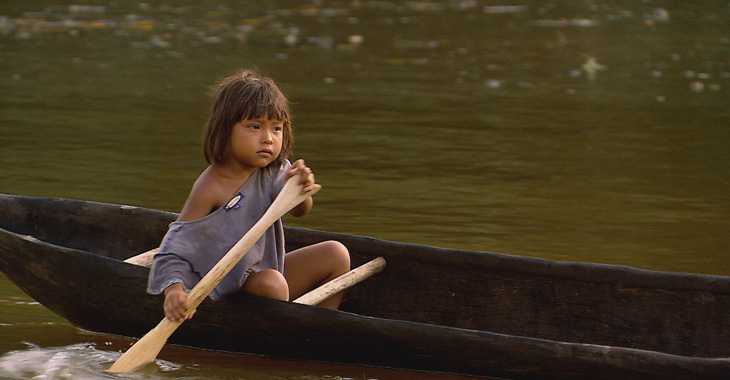Synopsis
Whether a source of life and food, an untamed natural force or generous supplier of energy, no two rivers are alike. These giants of nature cross some of the most spectacular parts of the planet, passing people who live on their banks and who work hard to preserve them.
The source of the Amazon, the Urubamba springs up in the Andes to irrigate the ancient Inca empire. Today, it remains the backbone of the Sacred Valley, dotted with testimonies to its past splendour, such as the imperial city of Macchu Pichu. A past still present in the culture of the region’s inhabitants.
Throughout West Africa, the Niger carries with it its legends. In Mali, it bathes the shores of Djéné, the city of earth, and Timbuktu, the pearl of the desert. From Bamako to Gao, it is for some a nurturing genius, for others a magical and mysterious Queen of the Waters. But no one fails to pay tribute to the river’s great power.
The Mekong is one of the world’s last great feeder rivers. Born in the heights of the Himalayas, it meanders throughout South Asia, from China to Vietnam, passing through the immense lake of Ton Lé Sap, in Cambodia, near Angkor Wat, and the “four thousand islands” of Si Phan Donh, in Laos.
Rice cultivation, trade, fishing – the very life of these regions depends on the river.
Originating in the Rocky Mountains, the Colorado River travels over 2,300 km before reaching Mexico, where it empties into the Pacific Ocean. Its majestic flow winds its way through the mineral plains of the American West, whose fantastic immensity has an unreal dimension. From Monument Valley to the Grand Canyon, the Colorado River takes us into an otherworldly setting.
On the way to the Nile, from the Sudan to the Mediterranean, the entire history of Egypt unfolds before our eyes. From the vanished remains of ancient Nubia, drowned under the triumphant modernity of Lake Nasser, to the wonders of the Valley of the Kings and Luxor, the Nile has seeded the land and the cultures of mankind, enabling one of the world’s oldest civilizations to flourish. Following the rhythm of the feluccas that link the past to the present, we discover the gift of the Nile.
In Venezuela, the Orinoco River opens up one of the world’s largest deltas, the gateway to Latin America. This was the route taken by the conquistadores, following in the footsteps of Christopher Columbus, in their quest for the mythical Eldorado. Today, it is on the banks of this river that the descendants of the survivors of the massacres perpetrated by the Spanish on their way to conquest live. To travel up the Orinoco is to go back in time and gradually rediscover the secret roots of Latin America, from the founding myths of the Latin American world in Ciudad Bolivar to the traces of vanished civilizations, protected by the river’s waters.
Despite its 1700 km length, the Okavango is a river that never reaches the sea. After tumbling down the hills of Angola and crossing Namibia, it ends its course in the Kalahari Desert. Here, the Okavango loses itself in a thousand meanders and canals, transforming this arid land into a teeming paradise where crocodiles, hippos and elephants testify to a biodiversity unique in the world, where wildlife explodes.
Credits
In coproduction with ARTE France

